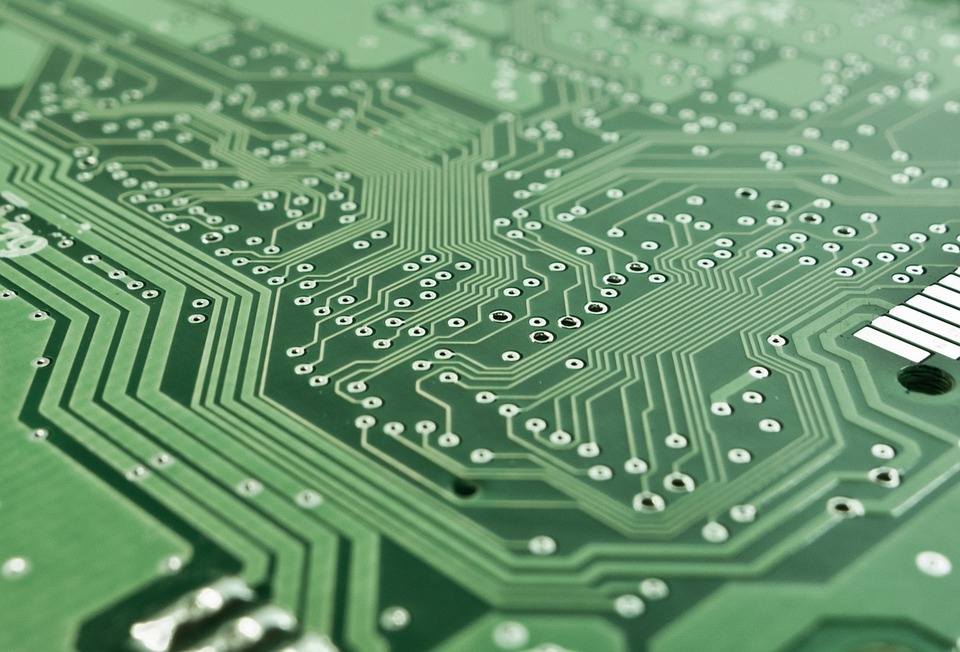Artificial Intelligence, or AI, has come a long way since its inception, transitioning from a mere concept in science fiction books and movies to a reality that is reshaping various aspects of our daily lives. The evolution of AI has been a fascinating journey, marked by advancements in technology, research, and innovation.
The concept of AI was first explored in the 1950s, with pioneers like Alan Turing and John McCarthy paving the way for the development of intelligent machines. Initially, AI was considered purely theoretical, existing only in the realm of science fiction novels and films. However, over the years, researchers began to make significant breakthroughs in the field, bringing AI closer to reality.
One of the key milestones in the evolution of AI was the development of expert systems in the 1980s. These systems were designed to mimic the decision-making processes of human experts in specific domains, such as medicine or finance. This marked a significant step forward in AI research, showcasing the potential for machines to perform complex cognitive tasks.
The 21st century brought even more advancements in AI technology, with the rise of machine learning and deep learning algorithms. These algorithms allowed machines to analyze large amounts of data and learn from it, enabling them to perform tasks that were once thought to be the exclusive domain of human intelligence. This led to the development of AI applications in various industries, such as healthcare, finance, and transportation.
Today, AI is everywhere, from virtual assistants like Siri and Alexa to self-driving cars and facial recognition systems. These applications showcase the immense potential of AI to enhance our lives and revolutionize the way we interact with technology. AI is also being used to tackle some of the world’s most pressing challenges, such as climate change, healthcare, and education.
However, the evolution of AI has also raised concerns about the ethical implications of intelligent machines. Questions about privacy, security, and bias in AI algorithms have sparked debates about how to ensure that AI is developed and used responsibly. As we continue to push the boundaries of AI technology, it is crucial to address these ethical considerations and work towards creating a future where AI benefits humanity as a whole.
In conclusion, the evolution of artificial intelligence from science fiction to reality has been a remarkable journey, driven by advancements in technology, research, and innovation. As AI continues to reshape our world, it is important to approach its development with caution and responsibility, ensuring that it is used for the greater good of society. The future of AI is exciting and full of possibilities, and it will be fascinating to see how this technology continues to evolve in the years to come.




